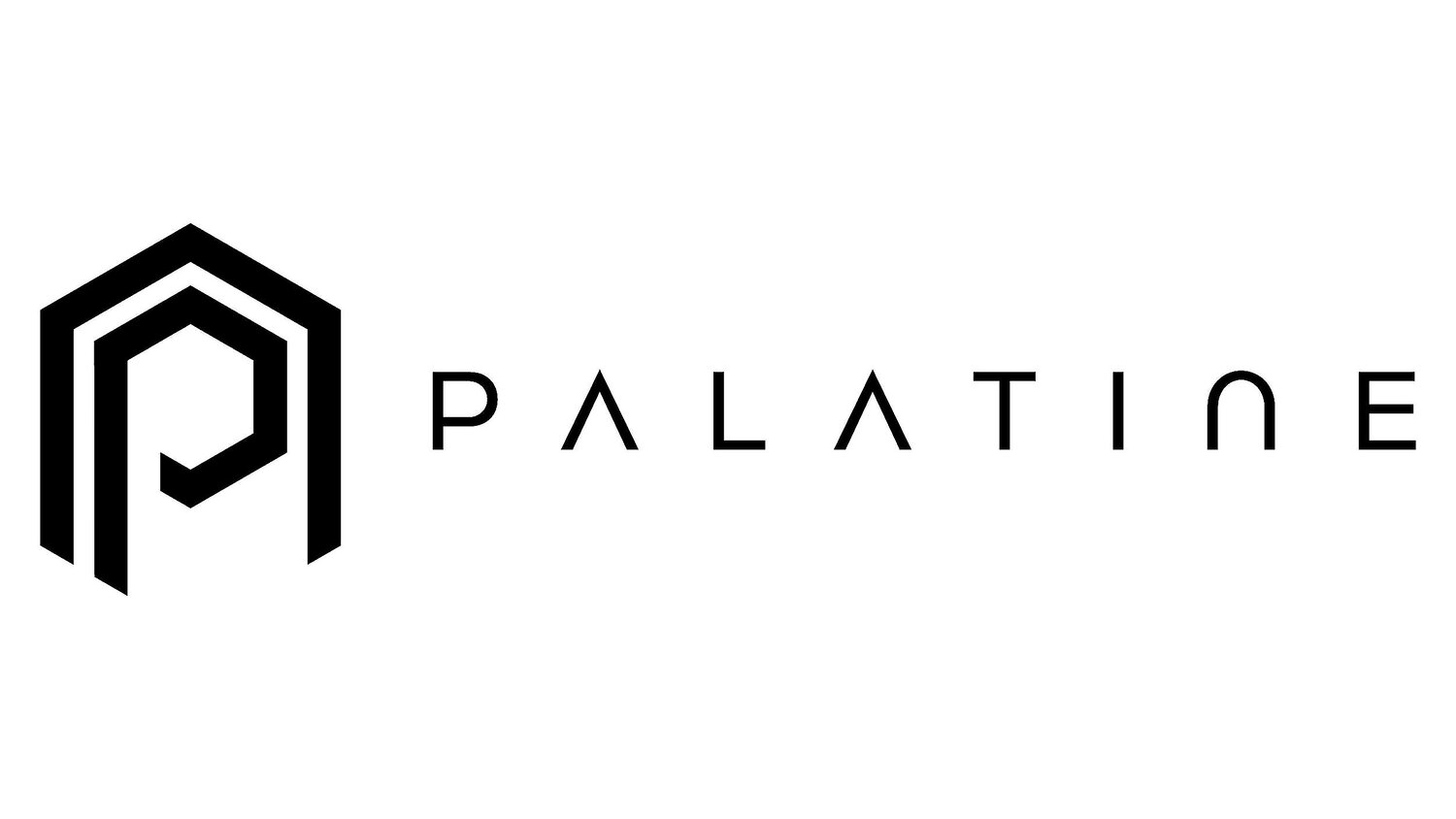AI translation in law: a door opener or future litigation waiting to happen?
Linklaters recently gave large language models “exams” to assess whether artificial intelligence could be trusted to perform legal tasks, according to The Times. The results suggested that robots won’t be replacing the magic circle firm’s highly paid lawyers – at least not yet.
Lawyers are reticent to fully embrace AI – and not just for reasons of self-preservation. For an industry founded on sensitivity, confidentiality and precision, generative AI – which consumes (often sensitive) input data to refine its skills – presents risks to all three of these foundational tenets.
At some firms, though, AI may be about to have its big break in the form of translation services. Legal businesses that embrace AI-powered language models will open themselves up to a slew of new commercial opportunities in markets that otherwise seemed impenetrable in the absence of native-speaking employees. Not to mention potential time, financial economies, and efficiency savings.
While this may seem appealing, it merits a second look. Inaccuracy and mistranslation are the bug bears of any user of translation software. But for a sector that relies on a precise and accurate reading of what is there in black and white – and in many cases what is not – this issue is magnified. When dealing with cultural context, nuance or specific industry terminology, it isn’t enough to get the gist.
And what of the documents fed through AI? Lawyers have a duty of confidentiality to their clients unless explicitly authorised and running classified documents through a generative AI translator violates this. Combine inaccuracy with privacy concerns, and we are looking at a maelstrom of potential conflicts. Not least because machines can be sued for their mistakes, but the individuals who use and rely upon them certainly could be. A potential leak of privileged information, or a piece of legal advice that turns out to be faulty because of its dependence on mistranslated documents, could expose legal counsel to demands for redress.
Commercially, this translates into damaged relationships, lost business opportunities and serious financial penalties; reputationally, it undermines the system itself. Individuals and businesses who follow their lawyers’ machine-enabled advice could come unstuck, while the lawyers themselves risk damaging the very foundations of their trade and jeopardising their future careers.
While there is, as yet, no legal precedent for litigation born from AI translation, examples of ChatGPT-fabricated case law serve as a cautionary tale against its hasty adoption. As AI makes inroads into the legal profession, it will be essential for good governance and strong guardrails to guide its direction of travel.
